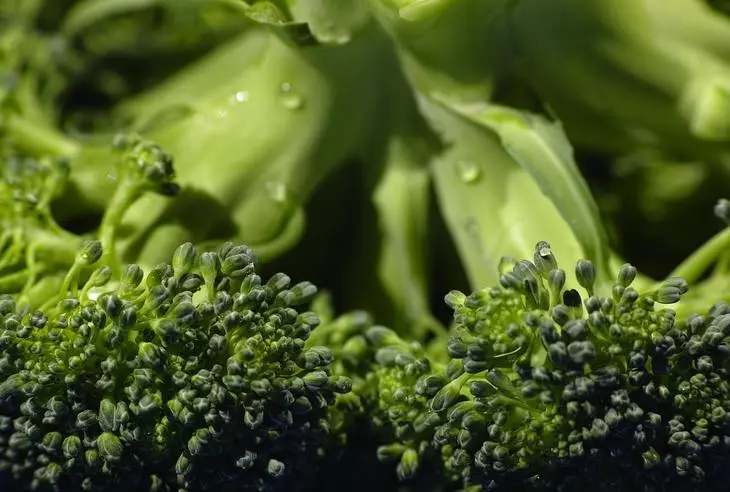
Recent data on organic agriculture around the world was represented by the FIBL and IFoam Organic Agriculture Research Institute at Biofach 2021, the leading global exhibition of organic foods reported in the National Organic Union.
The Statistical Yearbook "The World of Organic Agriculture" was presented on Wednesday, February 17, 2021 on the digital release of Biofach Especial 2021.
According to the latest study of organic agriculture throughout the world, FIBL, the area of organic agricultural land increased by 1.1 million hectares, and the retail sales of organic products continued to grow, as evidenced by data from 187 countries (data at the end of 2019).
22nd Edition of the study "The World of Organic Agriculture", published by FIBL and IFOAM - Organics International, shows the continuation of the positive trend observed in recent years. This annual study of global organic agriculture is conducted with the support of the State Secretariat of Switzerland for Economic Relations (SECO), the International Trade Center (ITC), the Sustainable Development Fund of Coop Switzerland and Nürnbergmesse, organizers of the Biofach Fair.
Dynamics of the global market for organic products
In 2019, the global market for organic food reached 106 billion euros. The United States is the leading market (44.7 billion euros), followed by Germany (12.0 billion euros) and France (11.3 billion euros). In 2019, many main markets continued to demonstrate high growth rates; For example, the French market rose by more than 13 percent.
Danish and Swiss consumers spent most of all on organic food (344 and 338 euros per capita, respectively). Denmark had the highest share of the market of organic products from 12.1% of the total food market.
3.1 million manufacturers of organic products worldwideIn 2019, 3.1 million organic producers were reported.
India continues to remain the country with the highest number of manufacturers (1,366,000), followed by Uganda (210,000) and Ethiopia (204,000). Most small manufacturers undergo group certification based on the internal control system.
Continuous increase in the area of organic agricultural landAt the end of 2019, a total of 72.3 million hectares were under organic control, which is 1.6 percent, or 1.1 million hectares, more compared to 2018.
More than 72.3 million gham agricultural land are environmentally friendly.
The largest area of organic agricultural land is located in Australia (35.7 million hectares), followed by Argentina (3.7 million hectares) and Spain (2.4 million hectares).
Due to the large area of organic agricultural land in Australia, half of world organic agricultural land is in Oceania (36.0 million hectares).
Europe takes second place in Square (16.5 million hectares), it follows Latin America (8.3 million hectares). Compared to 2018, the area of organic lands increased on all continents, with the exception of Asia (mainly due to the reduction of organic agricultural areas from China) and Oceania.
Ten and more percent of agricultural land are organic in 16 countries.
In the world, 1.5 percent of agricultural land are organic. However, in many countries, the shares are much higher. Countries with the greatest fractions of organic agricultural land are Liechtenstein (41.0 percent), Austria (26.1 percent) and San Tome and Principe (24.9 percent).
Some States of India strive to become 100% organic in the coming years. In sixteen countries, 10 or more percent of all agricultural land are organic.
Global statistics of organic products shows a constant desire for transparency in the organic sector"Global organic statistics proved to be useful for international development cooperation programs and support strategies for organic agriculture and markets, and they are crucial for monitoring the impact of this activity. This publication demonstrates our constant desire for transparency in the organic sector, "says Louise Lutikholt, executive director of IFOAM - Organics International. Knut Schmidtke, director of research, development and innovation FIBL Switzerland, adds: "The Yearbook is an outstanding reflection of the level of confidence in people around the world to organic agriculture and its importance for nutrition, environmental and sustainable development."
COVID-19 led to a significant increase in demand for organic products in many countries, but also to problems: "We expect to see the effect of a pandemic on the development of the sector, and data for 2020 will be ready in a year," says Helga Willer, responsible for the yearbook FIBL.
Directory can be downloaded on the site of the Union by reference.
(Source: Department of Public Relations and Media National Organic Union).
